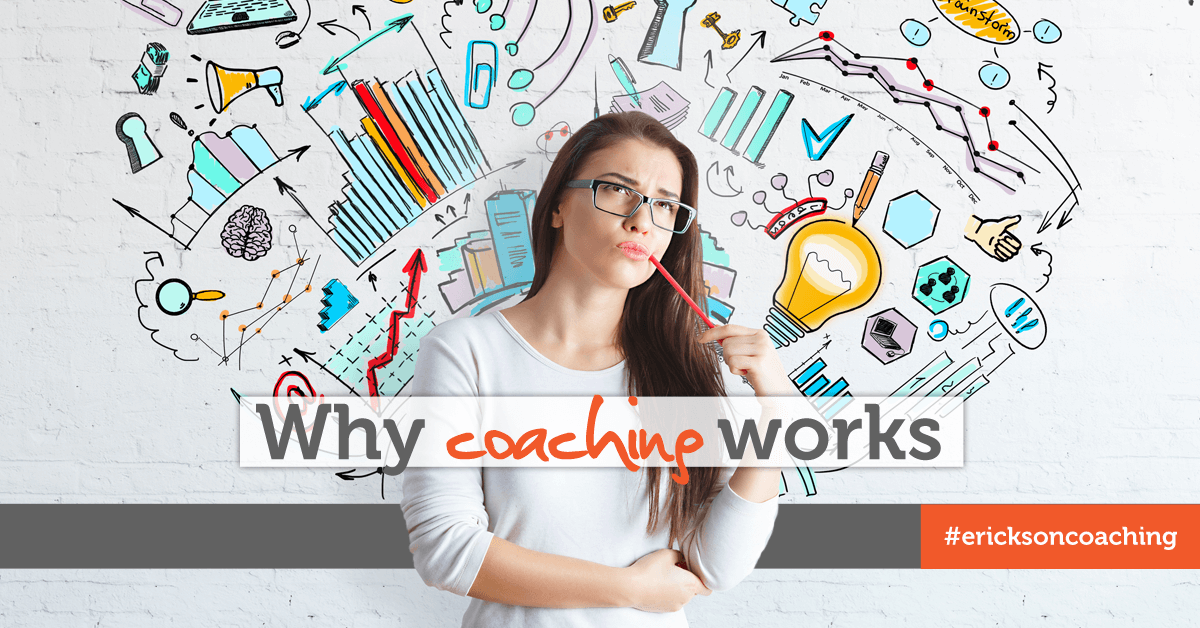
It is very difficult to explain the essence of coaching. We are sure that you have at least once been asked (or you have asked someone): „What is coaching, and what do you actually do during a coaching session?“ If we want to answer these questions, we can talk about clearly defined areas in coaching in order to give a superficial answer to those questions. But that is not what gives added value to coaching. The true value of coaching is in the process of detecting and disaggregating, which eventually leads to the core of one’s problem.
Due to the ongoing controversy about the significance of coaching and insecurities of people when there is a talk about coaching, we want to create more clarity about a few values and tools that are used in a coaching session. Because of these tools, we can say that coaching works and can help a lot in one’s individual development.
Sounding board
Almost every single person already ‘knows’ that suggested solutions are not useful. At a very basic level, a coach merely plays the role of a sounding board. Seems simple enough, right? However, when you really think of it, when was the last time you felt truly listened to? How often in this world of constant talking do we get a chance to sit, confront a problem and really reflect on it? To think it through fully. In this world of speaking and no listening, when do we have someone who is completely focused on us and listening not just to our words, but also between the lines. Can someone listen to what is unspoken, and listen to emotions in the midst of silence? One of the biggest gifts that a coach can offer is deep listening. You will be immensely touched by the sacredness of the space you are given and the way in which you are heard.
Curiosity
During deep and focused listening, the thing that awakens curiosity is asking questions. Why is this important? What are you noticing about that? What do you really want? These questions and many more support the coachee to focus and look at the ‘obvious’ from different perspectives. This curiosity, free from judgement, helps us to re-evaluate our thinking. Deep questions that arise from deep listening can lead to our ‘aha’ moments. It is these questions that can bring a coachee from “Yes, I know I should probably be doing that” to “Oh, now I understand what will support me to take action!”.
Challenge
At times we all tend to sink into our comfort zones, but it’s not called a comfort zone for nothing! It’s comfortable and we like it! You should use coaching to help yourself get out of your comfort zone, but only by taking small steps. Don’t hurry yourself. You should stretch and flex your skills and muscles without making huge leaps and entering into a panic zone. If you are not challenged from time to time, you won’t grow.
Our ‘aha’ moments
The best part of a coaching session is when the client says: “Oh, I never thought of it that way before!” It is this shift in thinking that clears all obstacles. The new insight gained creates new energy and the momentum to move forward.
Accountability
Once we’ve arrived at a point where we know what the next step is, we need to ensure that life doesn’t get in the way. Sometimes, you will start to lose focus. As an accountability partner, a coach will help you to break down your goals into achievable pieces and support you in your progress. Accountability partners increase the likelihood of your success.
These are just a few of the valuable tools and skills that are used in a coaching session and can really help the coachee towards further goal achievement. In this world of increasing demands with decreasing connection and support, the benefits of a coaching relationship is becoming more and more valuable.
You should read our previous blogs, just to get a broader perspective on coaching and its implementation.